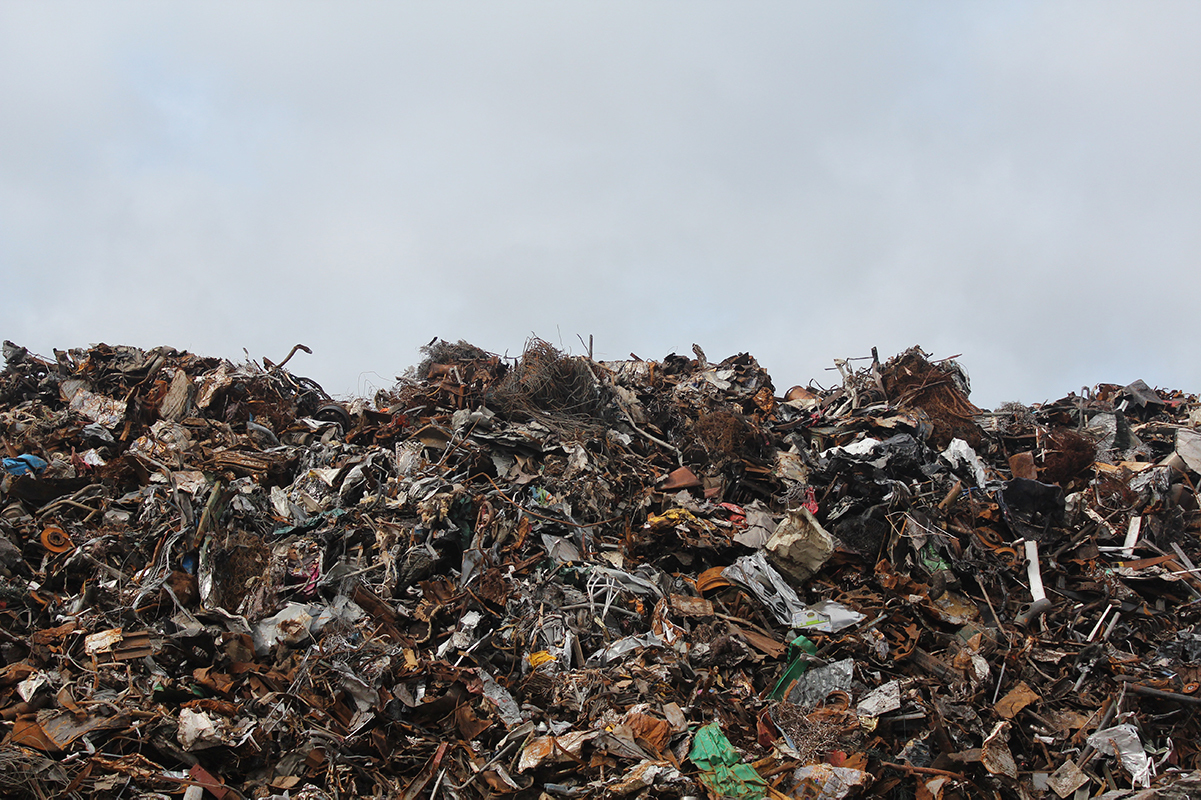The transition to a low-carbon circular economy is taking place as we speak. The switch is truly and deeply needed. Last year, 1st of August marked the on which we had used the ecological resource budget for the whole year and exceeded Earth’s annual capacity to regenerate those resources.
Circular economy can stop unnecessary exploitation of global resources. It can transform our current ways of living more sustainable. At the same time, closing the loop can make the business bloom. In addition to the positive environmental and social impacts, circular economy will deliver significant value and economic benefits to companies and their respective stakeholders. It offers various drivers and solid opportunities for efficiency and growth.
Public sector operators that are enabling and accelerating circular economy play a central role in the transition. So do the businesses that create new circular economy solutions. The first-movers are taking the advantage of the trillion dollar opportunities circular economy has to offer.
According to some estimations, circular economy business models are worth 4.5 trillion U.S dollars by 2030. In the U.S., it has been estimated that 62% of American companies now plan to move faster towards circularity. Another 16% already use circular economy principles in their operations. The same trend occurs increasingly in Europe. Multiple companies are embedding sustainability into the very core of their strategic decision-making.
At Gaia, in various global projects related to sustainable business development and circular economy, we have witnessed that companies are increasingly embracing the ideology and measures of circularity. They are introducing ambitious goals for carbon neutrality and their actual business strategies include aspirations of circular economy. Their aim is to use circularity to create business value through differentiation, customer loyalty, operational efficiency and risk management. Many companies have already come up with successful strategies and related business models for circular economy as listed by Sitra.
In addition, it has become more evident that the business value created from circular economy is captured and enforced through ecosystems and platforms in a co-creative manner between companies and public private partnerships.
We have witnessed a worldwide movement of co-creation where competitiveness is derived from business ecosystems and different platforms rather than single endeavors. There are numerous cooperative platforms, such as industrial parks, cities and innovation labs, where circular economy solutions are tested and capabilities developed. On the platforms, the players have different roles and specialized capabilities that bring various perspectives to the table for everyone to utilize.
Companies have to rapidly find their role in the transition to a low-carbon circular economy is. The ocean of opportunities is wide and the business case for your company can be crystallized through strategy work and co-creation. Do you already know what the business case of circular economy is for your company?
Global forums such as the World Circular Economy Forum organized by Sitra give forerunner thinkers and doers another platform to really grasp the business opportunities of circular economy and make the world cleaner and safer – together

